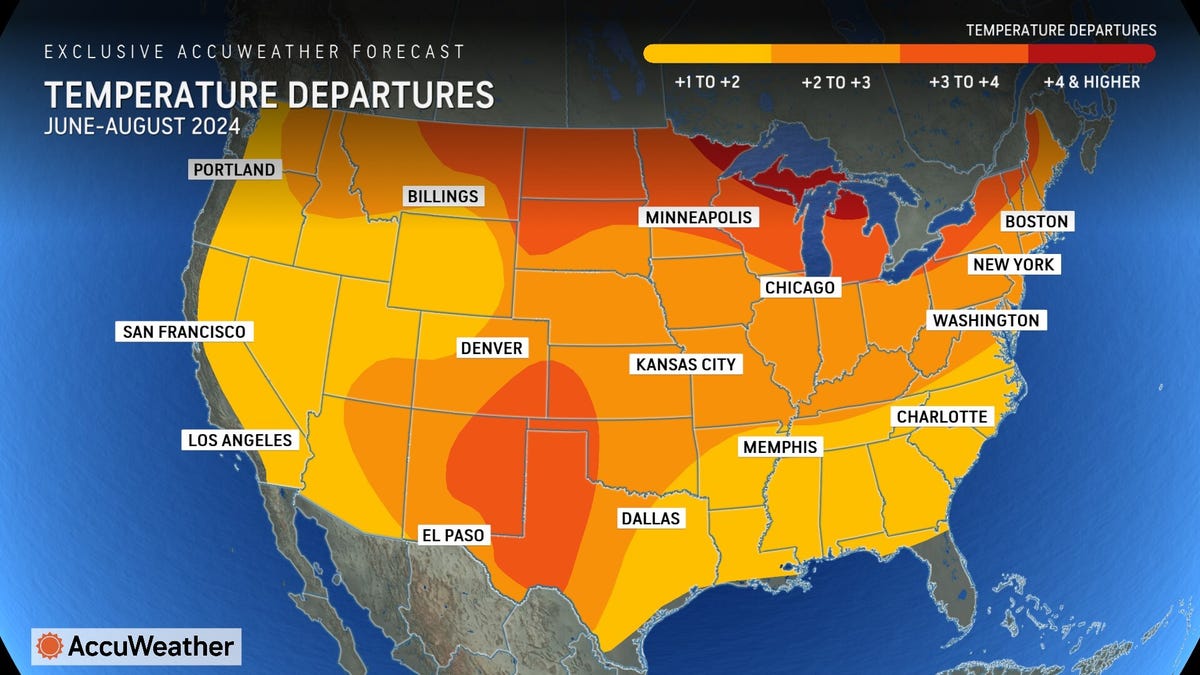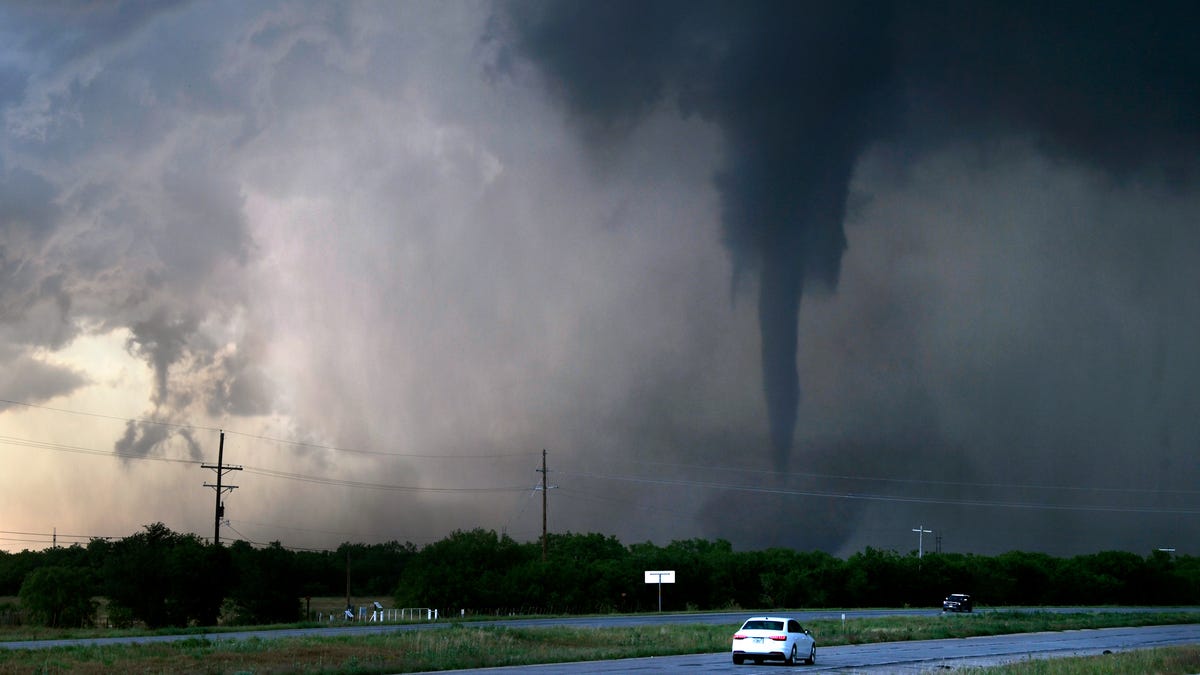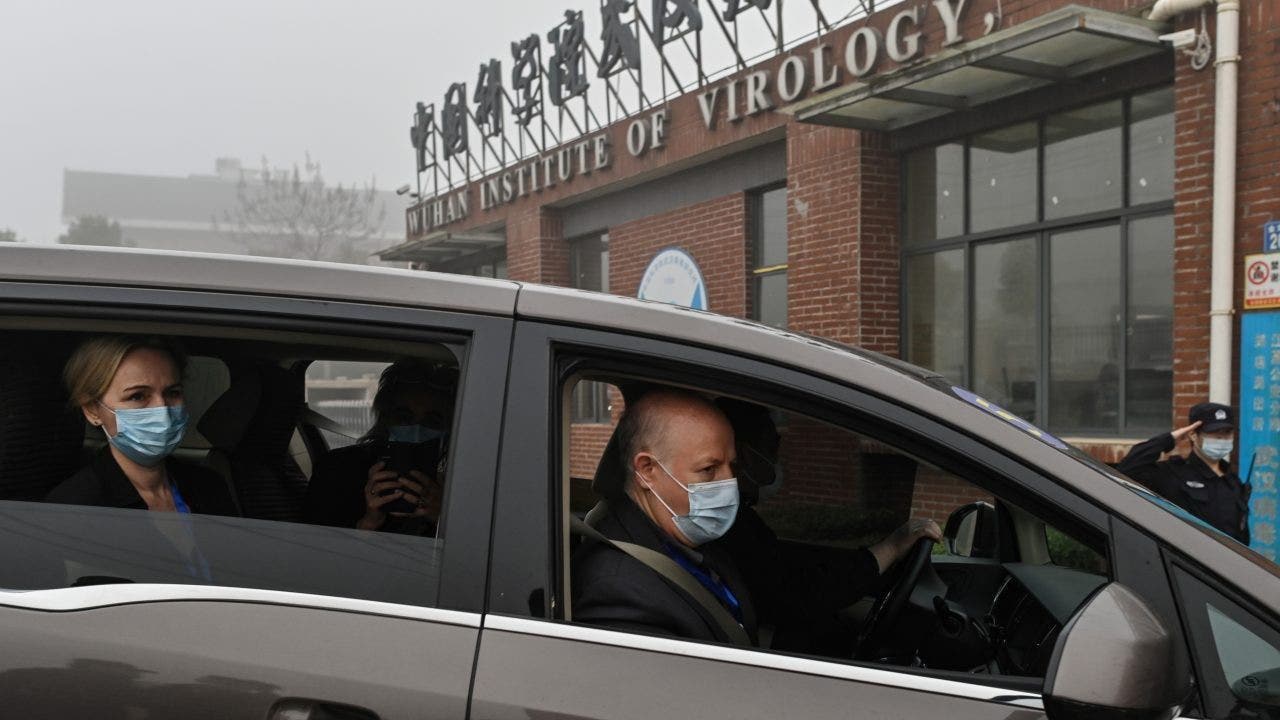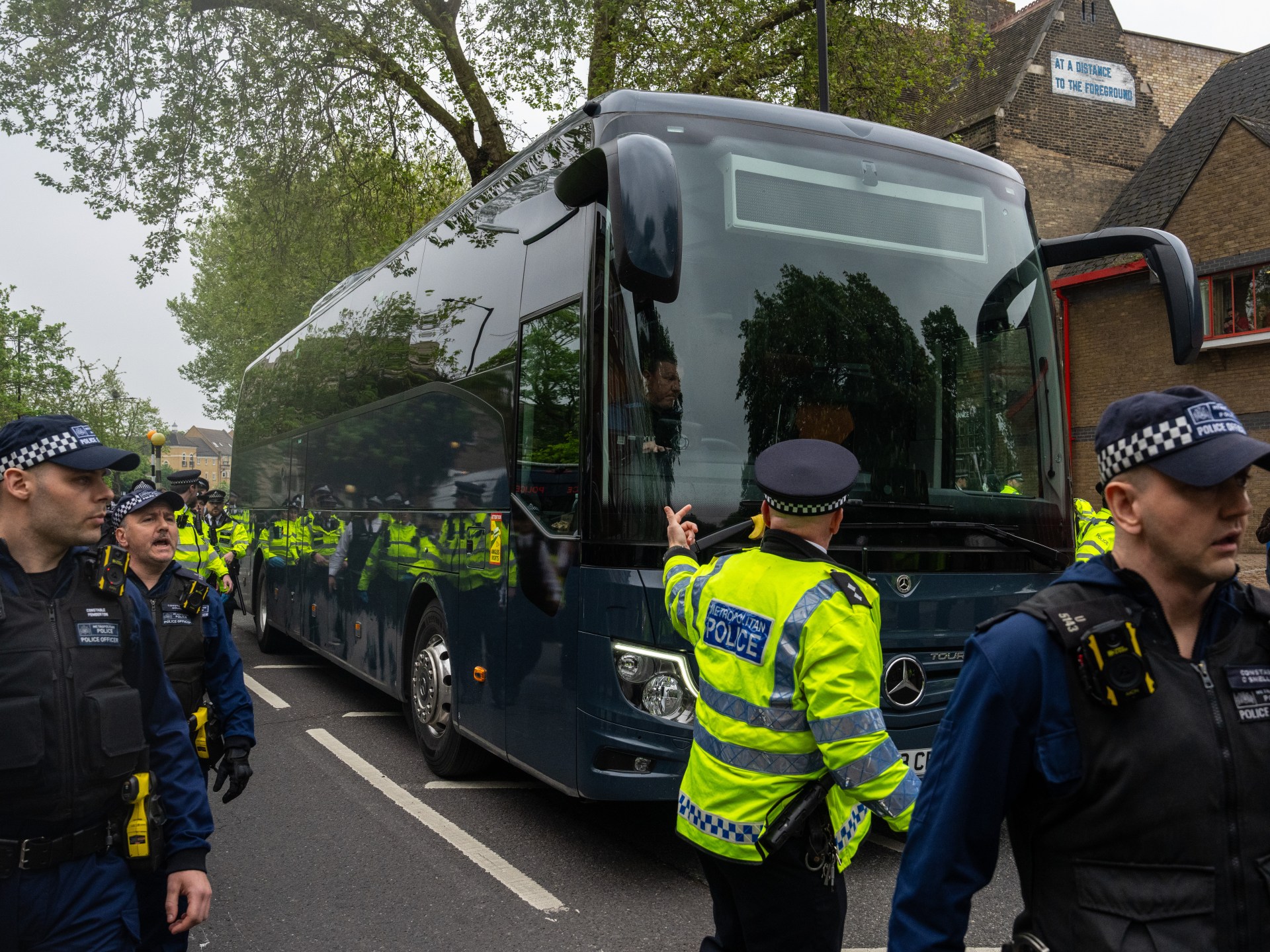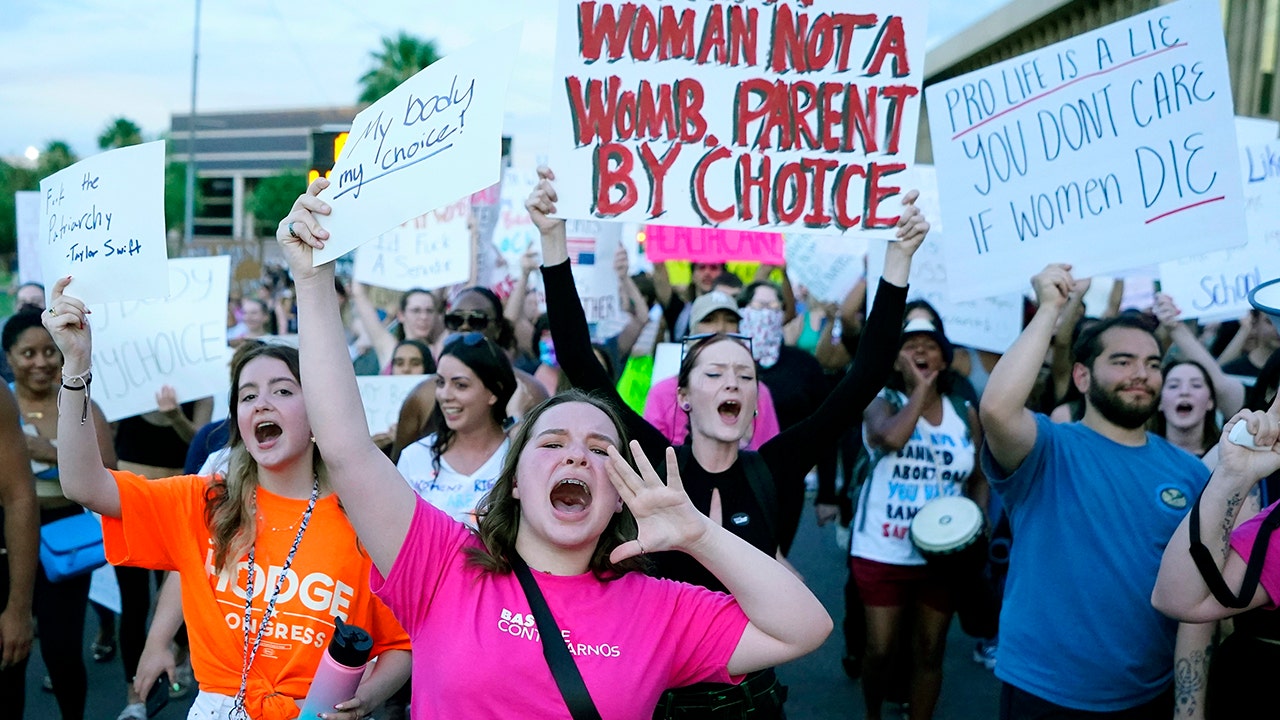Vermont
In Vermont, ballots are Australian, and in some towns they’re replacing town meetings
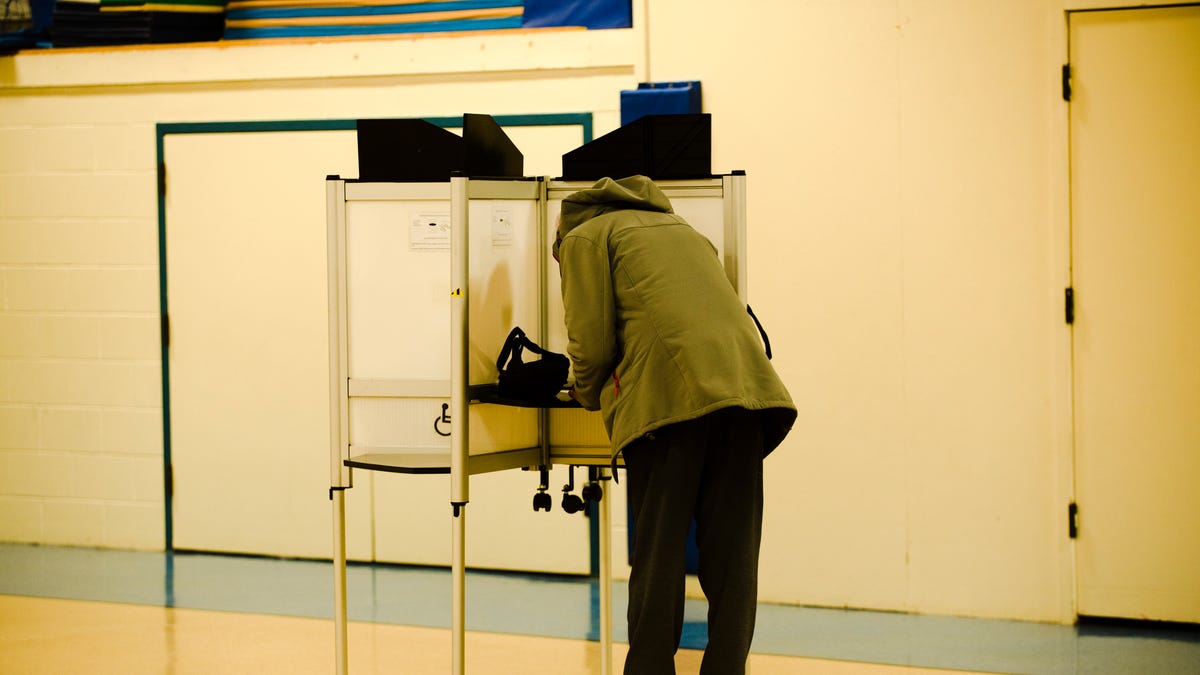
It’s that time of year again when my colleagues and I are calling town clerks to get the details for town meeting, coming up in early March. At our own morning meeting, the talk turned to Australian ballots, the term town clerks inevitably use to describe elections held in conjunction with town meeting. Not just “ballots.” Not “paper ballots.” No, it’s “Australian ballots.” Why?
Rather than Google an answer, I decided to call one of my favorite town clerks, Kristin Beers in Milton, who told me she didn’t know why it’s called Australian ballot, but that I could probably just Google it, or call the Secretary of State’s Office. Kristin did have some interesting insights into the Australian ballot, however, which has replaced the town meeting in Milton entirely. No votes from the floor.
“We are 100% Australian ballot, that’s how we vote for everything,” Kristin said. “Some towns do both, discuss and vote in person and also vote by Australian ballot. Some don’t use ballots at all.”
Kristin said she’s heard her fellow town clerks voice opinions strongly both ways − in favor of Australian ballots and against them. She has been at meetings where some clerks would question whether voters can really understand what the articles they’re voting on mean without a thorough, in-person discussion at town meeting. Those same clerks admit, however, that it’s hard to find a day and time when everyone will come out and participate in that discussion.
Milton offers an informational meeting the night before the election, where voters can ask questions about what’s going to be on the Australian ballot they use to vote the next day. Seems like a good compromise. But I still needed to know, why “Australian” ballot?
Former Free Press reporter wrote the definitive treatment of the Australian ballot
I could have Googled, as Kristin suggested, or I could have called the secretary of state. But instead, I checked our archives where I found a master’s thesis on the Australian ballot by my former colleague, Tim Johnson. It must be close to 3,000 words. I remember Tim as a somewhat grumpy, but very good and very thorough reporter, and his story on the Australian ballot from 2014 bore that memory out.
Tim explained the Australian ballot has two key features: It’s uniformly printed in advance of the election, by an electoral or governmental authority, and voters cast it in secret. That’s an Australian innovation, which debuted in the 1850s, then made its way to Europe, New Zealand and the United Kingdom in the 1860s and 1870s, finally reaching the United States in the late 1880s.
Kentucky and Massachusetts were the first states to enact Australian ballot laws, in 1888, followed by most other states over the next decade, including Vermont. Before the Aussies came up with their electoral innovation, Tim explained, elections were “BYOB,” bring your own ballot.
Tim quoted a former state archivist, who described the process. Political parties printed their own ballots, with only their candidates listed, and passed them out to voters.
“Partisan ballots were sometimes printed on paper of distinctive color, or most notoriously, in St. Johnsbury, on paper with zebra stripes,” Tim wrote. “If you were a worker in a factory whose owner favored the zebra-stripe candidates and you were spotted on Election Day casting a different kind of ballot, woe to you.”
Whoa, bring on the Australian ballot.
Tim also learned that newspapers “had contracts with the parties they supported and published their ballots for readers to clip out.” As an example, the Burlington Free Press, staunchly Republican in 1890, printed the Republican ticket in the left-hand column on Page 4 in the Aug. 29, 1890 edition.
Deadly to town meetings? Some people really don’t like the Australian ballot.
That debate Kristin mentioned between town clerks who favor floor votes at town meetings over secret ballots at elections has been going on for a long time. Tim quotes a UVM professor of political science who wrote in 1964, “While the use of the Australian ballot in general elections is wise, it is another matter to use it in Town Meeting. Its use destroys the chief characteristic of the gathering, the necessity for everyone interested to be there to vote in person on specific issues…”
Fifty years later, Tim notes, another renowned UVM political scientist, Frank Bryan, called the Australian ballot “deadly” to the tradition of town meetings.
“Understand. The Australian ballot takes away your right to legislate − to be part of the lawmaking process − and it doesn’t even replace it with a deliberative body that represents you,” Bryan said. “It simply allows you to vote up or down, yes or no, on an issue prepared by the selectboard or in many cases by a small group of private citizens with a special interest.”
As with so many other things in Vermont, Tim points out we seem to be the only ones holding on to a term or tradition. Maine doesn’t reference the “Australian ballot.” Neither does Connecticut or New Hampshire or Massachusetts. Even the Aussies have stopped talking about the Australian ballot, according to Tim, who interviewed a Vermont state official who was originally from Australia. He had never heard of the Australian ballot, until he came to Vermont.
“Somehow, everyone came to accept it, learned to live with it, and stopped talking about it − except around here,” Tim wrote.
Contact Dan D’Ambrosio at 660-1841 or ddambrosi@gannett.com. Follow him on X @DanDambrosioVT.

Vermont
Vermont Is Getting a Brand-New Film Festival, Founded by Two Indie Film Luminaries

Later this month, the Green Mountain State will roll out the red carpet for the United States’ newest international film festival: The Vermont Film & Folk Festival, which will open in Manchester, Vermont on Thursday, May 23 with a full lineup of award-winning narrative features, documentaries, and shorts from around the world, including a spotlight on Vermont-made films.
Founded by a pair of indie film luminaries and recent Manchester transplants — MovieMaker Magazine founder Tim Rhys and Filmmaker Magazine co-founder Karol Martesko-Fenster — the festival will play home to screenings of more than 40 new and classic films, including rare 16mm screenings of some of Hollywood’s most beloved movies, including 70th anniversary screenings of “On the Waterfront” and “La Strada,” a 75th anniversary screening of James Cagney’s “White Heat,” and an 80th anniversary screening of “Double Indemnity, and more.
The festival will kick off at The Southern Vermont Arts Center with the opening night feature screening of festival circuit darling “Tokyo Cowboy” with director Marc Marriott in attendance, followed by an opening night party to include a performance from the Hartford, Connecticut-based band Gravity. In addition to the film screenings, the program will include afternoon happy hour cocktail parties for festival supporters and guests, and two seminars to be held at Burr and Burton Academy: “Producing the Independent Feature” and “Why Folklore is Integral to Vermont’s Character.” The festival will run May 23-26.
On a personal note, if you’re wondering about the kismet and coincidence of both Rhys and Martesko-Fenster moving to the same small Vermont town, imagine this writer’s shock when she walked into a brand-new bookstore during a recent visit to her own hometown, only to find Rhys behind the register (he owns the place, which is located next door to his wife’s darling preschool, truly a Vermont dream).
“When Karol and I discovered we had both moved from urban areas to the same small town, we talked about all the things we loved about Manchester, Vermont and the thing we both missed most of all —accessible cinema on the big screen,” said co-founder and festival director Rhys in an official statement. “We know we’re not alone, as Bennington County is home to an extremely dynamic, artistic population. We hope that folks will come out and support these films and filmmakers by attending the screenings this Memorial Day weekend. We’ve already gotten a nice response from the business community and we’re so excited to serve up what we’ve been cooking this past year.”
Rhys and Martesko-Fenster’s venture is also notable because Manchester lacks its own movie theater. The two-screen joint this writer grew up watching films in is now a Sherwin-Williams paint store. For Manchester denizens, like my own family, the closest theater is over half an hour away in Bennington, with the nearest multiplex located more than an hour away in Saratoga Springs, New York (yes, a whole other state away; yes, I’ve lived it).

According to the festival, its mission “is to serve the people of southern Vermont by creating an annual event that underscores the importance of story to who we are as a society with a shared set of values, while simultaneously discovering and nurturing new talent and shining a spotlight on some of the most talented storytellers of our time. Honoring and reveling in storytelling is VFFF’s primary role.”
Film awards will be given in the following categories by a jury to be announced: Best Narrative Feature, Best Documentary Feature, Best Narrative Short, Best Documentary Short, The Equinox Award (Jury Award for Best of Fest), and the Green Mountain Award (Audience Award for Best of Fest). Venues for the festivities include the Southern Vermont Arts Center, Manchester Community Library, Burr & Burton Academy, and Rhys’ Wheelwrite Imaginarium Bookshop Arthouse, which will also be the location of the Filmmakers Lounge during the festival.
You can find out more about the festival, including its full schedule and how to purchase tickets and passes, on its official website. Check out the full lineup below, with all synopses provided by the festival.
FEATURE FILMS
TOKYO COWBOY
Directed by Marc Marriott
A Japanese businessman goes on an unwitting journey of self-discovery when he takes a company trip from Tokyo to a Montana cattle ranch.
ROWDY GIRL
Directed by Jason Goldman
Determined to make the planet a better place, former Texas cattle rancher Renee King-Sonnen transforms her husband’s beef operation into a farm animal sanctuary, encouraging other farmers to transition from animal agriculture to plant-based food production.
FULL CIRCLE
Directed by Josh Berman
Faced with a traumatic injury that leaves you permanently disabled; how would you reinvent yourself? Trevor Kennison’s life was forever altered by a broken back – for worse and for better, in equal measures.
ROBERT SHIELDS: MY LIFE AS A ROBOT
Directed by Mark Bonn
“No words” can describe him, literally. Robert Shields, one of the most unique performers of the century, performing for 2 Presidents a Queen while gaining the admiration of many of Hollywood’s greats-all of it done without saying a word.
THE QUIETEST YEAR
Directed by Karen Atkins
Filmmaker Karen Atkins’ darkly quirky personal quest to curb noise pollution in her quaint Vermont village uncovers dire consequences for noise regulation, not only in her home state, but nationwide.
THE ARTIST AND THE ASTRONAUT
Directed by Bill Muench
A uniquely American couple’s captivating story during the pinnacle of American exploration and social change.
THE NINE LIVES OF BARBARA DANE
Directed by Maureen Gosling
Barbara Dane turns setbacks into opportunities, paving her own way with her art, participating in, and influencing international social justice and musical movements across nine decades.
DEMON MINERAL
Directed by Hadley Austin
A portrait of life in the radioactive desert on the Navajo Reservation, following a group of indigenous scientists, elders, and activists as they work to protect a vital living space on contaminated land.
CHAPERONE
Directed by Zoe Eisenberg
Alienated by friends and family for her lack of ambition, 29-year-old Misha finds a dangerous acceptance in a bright 18-year-old athlete who mistakes her for a fellow student.
THE ACCIDENT
Directed by Giuseppe Garau
After being fired, Marcella, a gentle-hearted mother going through separation, buys a tow truck, gets trapped deeper and deeper in a cynical and aggressive world until a terrible opportunity shines in front of her.
FALLEN DRIVE
Directed by Nick Cassidy and David Rice
On the night of their high school reunion, Charlie and her boyfriend Reese have come with plans to exact revenge on former classmate, Liam. The plan – to stage the same heinous crime he committed in high school, but this time collect the evidence to prove his guilt.
JUST GETTING BY
Directed by Bess O’Brien
A documentary film that explores the day-to-day challenges and incredible resiliency that low-income Vermonters bear witness to every day. The film sheds light on an often-hidden Vermont population persevering against all odds to feed and house themselves and their families.
AFRICAN GIANTS
Directed by Omar S. Kamara
Over a weekend visit in Los Angeles, two first-generation Sierra Leonean American brothers navigate the changing dynamics of brotherhood after a surprise announcement.
THE YORKIE WEREWOLF
Directed by Michael DiBiasio-Ornelas
A rebellious teen witch is turned into a tiny werewolf and thrown into the middle of a decades-old war between one small town’s creatures of the night – and the local mafia.
UNDERDOG
Directed by Tommy Hyde
A hardscrabble Vermont dairy farmer risks losing the only home he’s ever known to chase his dreams of dog mushing in Alaska. Meticulously captured over the course of a decade, UNDERDOG paints an intimate verité portrait of Doug Butler as he puts a curiously optimistic twist on the kinds of family farm tragedies that have marked American rural life.
COMMON GROUND
Directed by Joshua Tickell and Rebecca Harrell Tickell
The solution of Regenerative farmers to bring soil health across the continent and beyond.
VERMONT-MADE FILMS
MOTHER’S HOUSE
Directed by Garret Harkawik
In the 1950s Mary Tarinelli’s mother had a vision while visiting a historic site purported to be the final home of the Virgin Mary. Tarinelli recounts the story and explains the unique ways in which her mother’s experience has shaped her life.
LIA: A BODYBUILDING STORY
Directed by Susan Weiss
The story of a female body builder, a woman with focus, determination, and the goal to participate in a pro tournament.
LOVE OF THE LAND
Directed by Travis Van Alstyne
A short, animated film based on the true and tragic story of Vermont farmer Romaine Tenney. His farm was in the construction path of Interstate 91 in the 1960s and the State of Vermont seized his land through eminent domain. 2024 marks the 60th anniversary of his passing.
STEVE’S CHAPEL
Directed by Gail Osherenko
The tale of one individual’s quest to establish a sanctuary wherein people can contemplate and rejoice in a world that has shed much of its ceremonial and profound significance.
THE THAW
Directed by Sarah Wisner and Sean Temple
In 19th century Vermont, a young woman’s parents drink sleeping tea in order to survive the harsh winter, but an early thaw leads to horrifying results.
SHORTS PROGRAM 1
SUBTEXT
Directed by Erin Brown Thomas
Two people on a first date mask and ignore their insecurities until an event forces them to say what they’re really thinking.
RIZOO
Directed by Azadeh Navai
To Rizzo, 8—who’s recently moved back from Tehran from California—the world is a magical place. But when she must take a class portrait, her world suddenly becomes very complicated. Does she wear the traditional head-scarf, which all girls over the age of 9 must wear—or not?
SCREWJOB
Directed by Sam Benjamin
On the night before she is set to be crowned World Champion, a talented but injury cursed pro wrestler finds out that plans have changed and that she will be forced to lose the match or will be fired from the company.
LEAF
Directed by Cash Cassidy
Young Portland, Maine-based band LEAF plays their biggest show yet at the Portland House of Music.
COMMON AS RED HAIR
Directed by Robbie Robertson
The aftermath of an emotional funeral causes a grieving father and mother to re-examine their early life decision to have gender normalization surgery performed on their intersex infant.
YOU CAN’T SHRINK LOVE
Directed by Veena Rao
An artist gives life to the memories of our most beloved companions.
SCAM
Directed by Julie Sharbutt
When a phone scammer makes one last late-night call, the woman on the other end gives her much more than she bargained for.
SHORTS PROGRAM 2
THE ABCs OF BOOK BANNING
Directed by Sheila Nevins, Trish Adlesic and Nazenet Habtezghi
Reveals the voices of the impacted parties of books banned from school districts, inspiring hope for the future through the profound insights of inquisitive youthful minds.
MATTRESS EXPRESS
Directed by Noah Morse
After twins Ben and Rosie botch their only chance to pull their childhood home out of foreclosure, their night spirals out of control.
TREE CROWN
Directed by Predrag Todorovic
Without narrative sandstone and wretched landmark, people of Western Serbia seem to have never existed. The only portraits and biographies were given to them only after they had died.
VESPA
Directed by Olivia Ramos
Luiza visits her estranged mother’s new home, inadvertently inheriting her role in a peculiar natural cycle.
DECIDING VOTE
Directed by Robert J. Lyons and Jeremy Workman
50 years ago, assemblyman George Michaels cast a single vote on New York’s abortion bill that changed the course of American history but destroyed his political career in the process.
Vermont
Man suspected of April hit and run found by Vermont State Police

HIGHGATE, Vt. (WCAX) – A Milton man was cited Thursday evening for running someone over and leaving the scene.
Vermont State Police say on the night of April 7th they received a report that 26-year-old Garret Gagne had been run over on Virginia Lane in Highgate.
When police arrived, the car that hit him had already left the scene. Gagne was seriously injured and was taken to the hospital, but his current condition is unknown.
After an investigation, police found that 30-year-old Connor Duquette was the one driving the car alleged to have hit Gagne.
Duquette was cited with negligent operation with serious bodily injury resulting and leaving the scene of an accident. His court date is June 17th.
Copyright 2024 WCAX. All rights reserved.
Vermont
Vermont scrambles to address dental hygienist shortage

BURLINGTON, Vt. (WCAX) – Do you need your teeth cleaned? Good luck getting an appointment any time soon. A lack of dental hygienists means some practices are not taking new patients and some say the shortage is the worst they’ve ever seen.
Chelsea Wells loves making people smile, but finding help to do so is like pulling teeth. “It’s a stress that you don’t realize, it’s just kind of always there,” Wells said. “That’s not good continuity of care.”
Wells is the only full-time hygienist at the UVM Medical Center’s oral and dental health facility. She says a second full-time position has been open for two years. “Right now, it’s just about patient care. Right now, people aren’t getting… I think we’re here looking out nine or 10 months,” Wells said.
The UVMMC dental office is currently not taking any new patients because of the hygienist shortage. Oftentimes, the dentists themselves need to do cleanings. “We believe that we’re really at a crisis level at this point in delivering and delivering oral health care,” said Dr. Justin Hurlburt, a UVMMC dentist president of the Vermont Dental Society.
UVMMC’s office is known as a safety net facility for patients who have the highest need and often do not have private insurance or are on Medicaid. “We stopped taking new patients, which is which is scary for a safety net facility,” Hurlburt said. “A lot of dentists around town are doing hygiene now to try to keep up, to try to keep their practices going, and that takes away time from them being able to to do dentistry on their patients.”
The problem started during the pandemic. Hygienists either retired or left the profession and there were too few to fill the jobs. Wells says that’s because an oversaturation of hygienists a decade ago caused many new hygienists to leave the state. “There were a lot of people that in recent graduating classes, they didn’t stay here, they went elsewhere. So then, when all the people either retired or left the workforce, we didn’t have a lot of those new hygenists that we could pull from because they had moved elsewhere,” Wells said.
So how does the state bridge the gap? Vermont State University has the only dental hygiene school in the state. Usually, around 15 to 18 students graduate the program each year. Recently the program switched from two years to three years so they are graduating two classes of students. That means 34 students recently passed their clinical boards and are on their way to graduation, but that no students will graduate in the spring of 2025.
“We see these swings in the market every so often,” said VSU’s Heather Blair. “We were graduating hygienists that couldn’t find full time employment. They’d have to do two days in one practice, two days in another practice. And that was like that for a number of years. And now it’s shifted. It will shift again as we catch up.”
School officials say they don’t want to flood the market with hygienists again as it was pre-pandemic. However, dentists and hygienists we spoke to say they need help — stat. “We need to go to the grassroots and develop our own students here. And I don’t think we’re being successful at that right now,” Hurlburt said.
The VSU program is also demanding. Many hygienists say it’s extremely difficult, which is why some students drop out. And when a student quits — even early into the education — the school cannot fill that spot because a new student would be too far behind.
“It takes a lot of study hours, a lot of reinforcement. You do have the support from the faculty as well. They’re not lying when they say it’s difficult, but I mean, I’m not a Mensa genius. I’m still in the program and I’m slated to graduate in May,” said Rita Veve, a graduating student.
Students are ready to go straight into a job after the program. Most students have jobs before even graduating. Many dental offices are also offering generous hiring bonuses on top of wages that can be upwards of $55 per hour or around $115,000 a year. “Right now, it’s a great time to be a hygienist because you can find employment in almost whatever setting you’re looking for,” Blair said.
In the meantime, dentists and existing hygienists will try to fill the gap in oral care. “We want to help everybody. we would help everybody if we could, but we just can’t.,” Hurlburt said.
Senator Peter Welch secured $5.9 million for the dental hygiene school, which will increase the number of students in the program, but that’s still several years down the line.
Copyright 2024 WCAX. All rights reserved.
-

 News1 week ago
News1 week agoLarry Webb’s deathbed confession solves 2000 cold case murder of Susan and Natasha Carter, 10, whose remains were found hours after he died
-

 World1 week ago
World1 week agoHaiti Prime Minister Ariel Henry resigns, transitional council takes power
-

 News1 week ago
News1 week agoFirst cargo ship passes through new channel since Baltimore bridge collapse
-

 World1 week ago
World1 week agoUS secretly sent long-range ATACMS weapons to Ukraine
-

 World1 week ago
World1 week agoSpanish PM Pedro Sanchez suspends public duties to 'reflect'
-

 News1 week ago
News1 week agoAmerican Airlines passenger alleges discrimination over use of first-class restroom
-

 Movie Reviews1 week ago
Movie Reviews1 week agoHumane (2024) – Movie Review
-

 Education1 week ago
Education1 week agoVideo: Johnson Condemns Pro-Palestinian Protests at Columbia University
